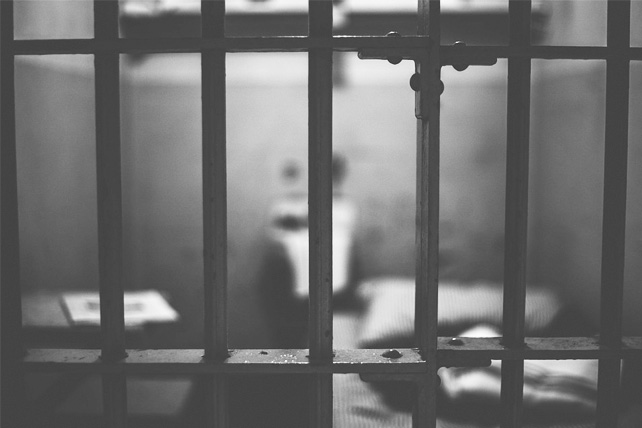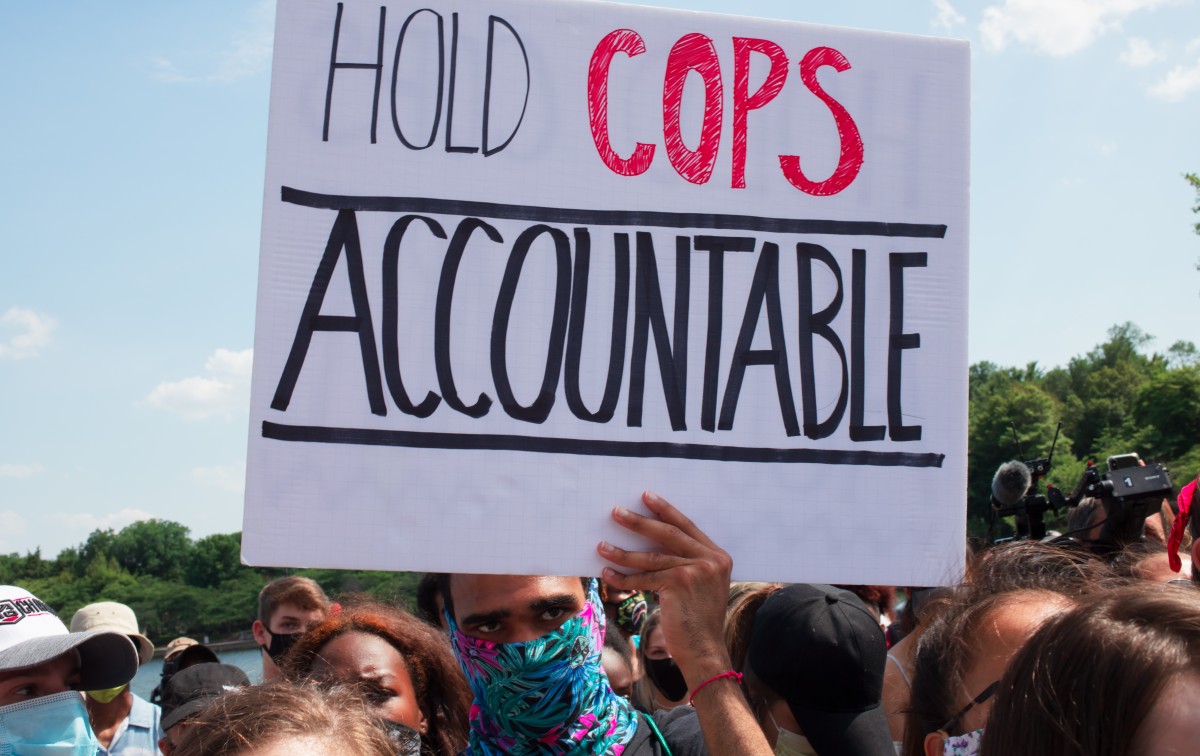On the 6th of May, agents of the Civil Police of Rio de Janeiro entered the community of Jacarezinho to execute prison warrants. They went with helicopters, assault and sniper rifles, ignoring a Supreme Court ruling that suspended police operations in shantytowns during the COVID-19 crisis. During the incursion, the police officers murdered 28 young, Black and Brown men. Further, friends and relatives of the victims accused the cops of moving corpses in order to alter the crime scene.
Members of the community also accused police of desecrating the body of a 21 year old man whose picture sitting in a chair sucking his thumb went viral: according to locals, policemen placed the thumb of a dead man in his mouth purely for the purpose of taking pictures. This macabre gesture might be a reference to the alleged cause for the operation: in the Civil Police version of the story, agents of the Children and Adolescents Protection Police Unit (DPCA in the Portuguese acronym) went to the community to carry out warrants against drug suppliers who would supposedly be grooming kids into drug trafficking. The criminal complaint by the Public Prosecutor’s Office of Rio de Janeiro, though, does not mention grooming or child exploitation.
We have a whole lot of police forces in Brazil. Each state has its Civil Police, its Military Police and its Highway Police. We have a Federal Police, a Federal Highway Police; Army, Navy and Air Force Police; our firefighters are militarised. Capital and larger cities also have Municipal Guards with many of them carry automatic pistols. Even the Municipal Guards whose officers are not allowed to carry firearms possess guns. These police forces have armoured vehicles, bullet proof vests, assault weapons, pepper sprays, tear gas grenades, and much more. And that’s without even attempting to address what has been referred to as technoautoritarianism and the surveillance technology widely purchased by state and federal governments over the last decade.
The institution that conducts most of the extrajudicial killings and massacres in Brazil is the Military Police—especially those of Rio de Janeiro and São Paulo—but we cannot be fooled by a name. Every police force in Brazil is, essentially, militarised. Take the Jacarezinho massacre for instance. The officers who committed the carnage belong to the Civil Police of the State of Rio de Janeiro. However, the Civil Police role is not to conduct operations; it is rather to conduct detective work, criminal and forensics investigations. So why do Rio de Janeiro’s Civil Police officers need assault rifles with holographic sight, submachine guns, sniper rifles? Why has it bought a £2.7 million helicopter? And why are they conducting operations that have claimed at least 304 lives since 2007? Because just like every other police force in Brazil, the Civil Police of Rio de Janeiro is at war against their imaginary internal enemies: Black, Brown, and poor people who supply and use drugs. Policing and the murdering of citizens go hand in hand in Brazil and around the world.
Police Brutality Galore
Brazil has a long history of police and paramilitary massacres. In the current political context, however, the police forces have the open support of the state to murder its citizens. They are backed by a president who has a penchant for violence, praises tortures and military dictatorships, and constantly says that “a good thug is a dead thug.” Since he was campaigning for office, Bolsonaro promised to give the police carte blanche to kill. His repeated finger gun gesture has become a symbol of his genocidal ideology, and is widely imitated by his supporters. With his encouragement for extrajudicial killings, police officers now have licence to kill. No wonder that in his first year in office, Rio police murders reached a record high. A few days after the Jacarezinho massacre, Bolsonaro praised the police officers who conducted the bloodbath.
Bolsonaro’s lack of respect for human lives and rights was proven by his (ongoing) mismanagement of the COVID-19 crisis in Brazil, but it is with his drug war that he quenches his thirst for blood. His inflamed rhetoric dehumanises people suspected of supplying drugs and portrays them as targets to be killed. Let us not forget that in Nazi Germany Jewish people were referred to as rats, and that in Rwanda the Hutus called Tutsis cockroaches. Bolsonaro, on his turn, promised that under his rule criminal suspects would die in the streets like cockroaches. Nazis also like to describe Jews as leeches, lice, bacteria and other parasites. And is it not also a coincidence that besides sharing linguistic ideologies with the Nazi regime Bolsonaro shares Mussolini's macho complex, who also loved to parade in horses and motorcycles?
Combating the supply of drugs with militarised law enforcement has proven to be a death machine. There is plenty of evidence to show that it only enables and promotes violence, especially against Black people who, in Brazil, are always perceived by the police forces as committing the ontological crime of existing and are, therefore, suspects or, rather, guilty until proved innocent. The only way to stop this cycle of violence is to decriminalise and legalise all controlled drugs, provide access to harm reduction, and repair the damage caused by decades of punitive and deadly law enforcement. Before this happens the war will not cease to rage on, to destroy and claim lives.
*Felipe Neis Araujo is a Brazilian anthropologist concerned with drug policies, state violence, structural racism, and repair for historical inequalities. He writes a monthly article for TalkingDrugs. Contact him at neis.araujo@gmail.com.


